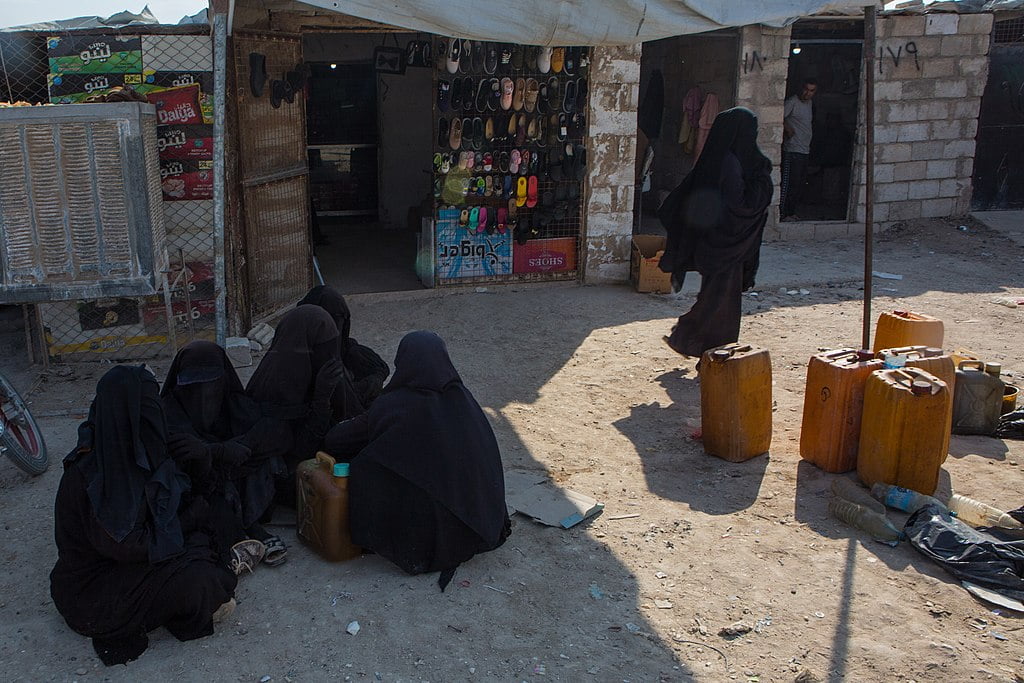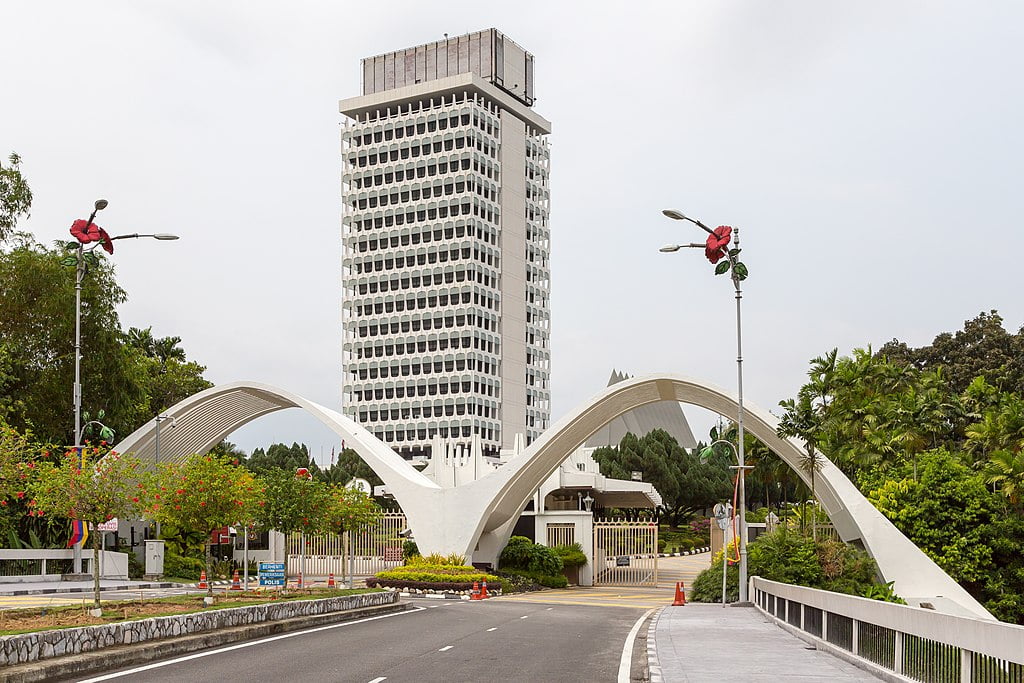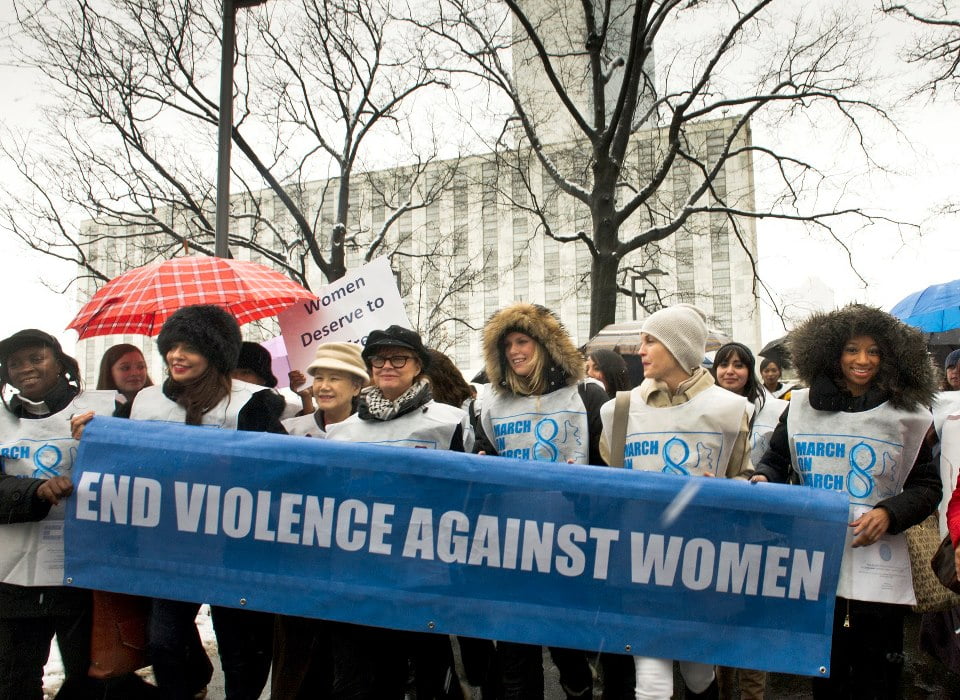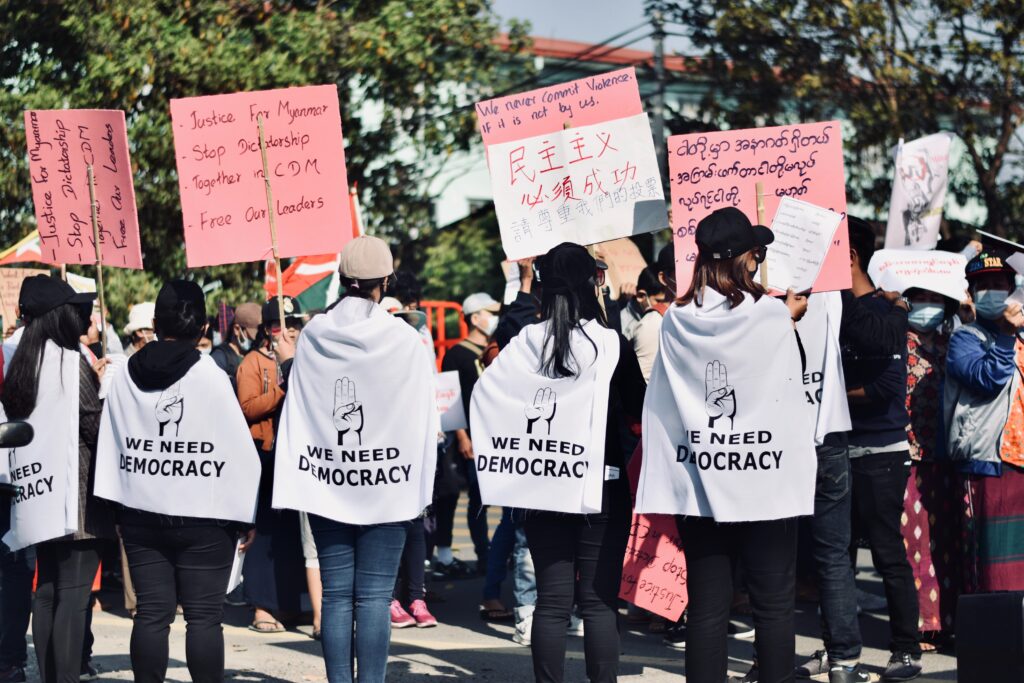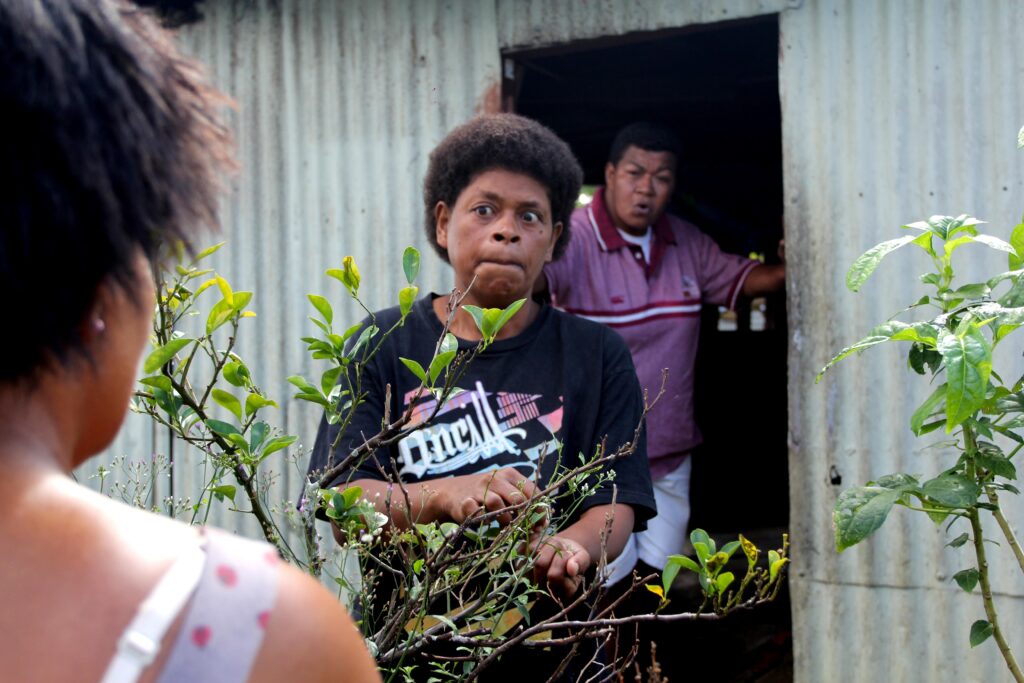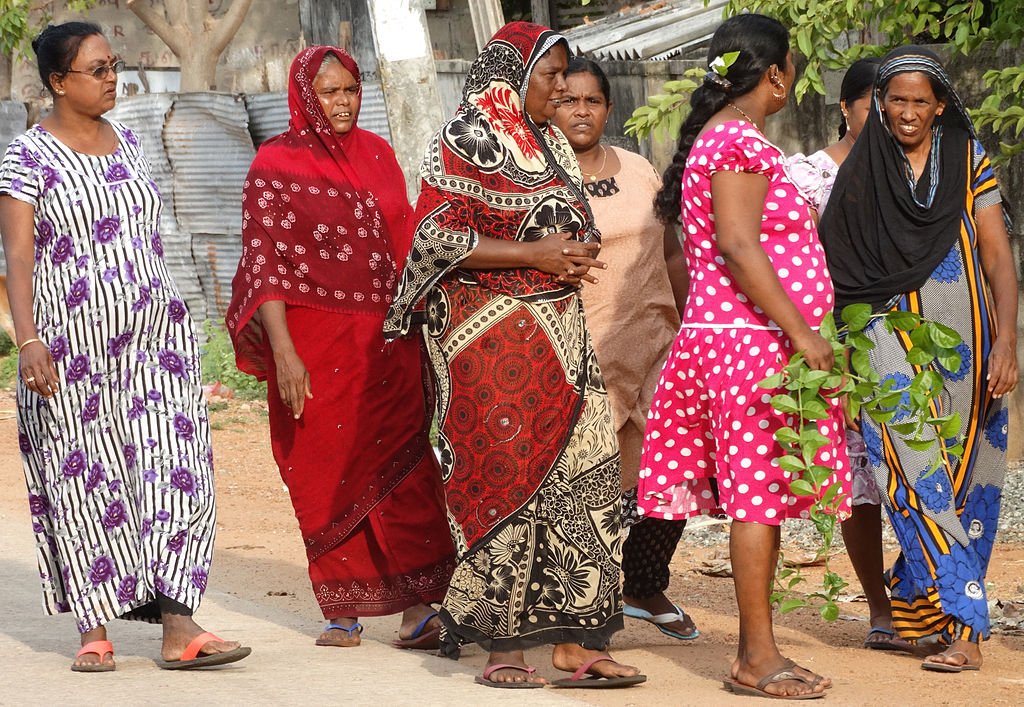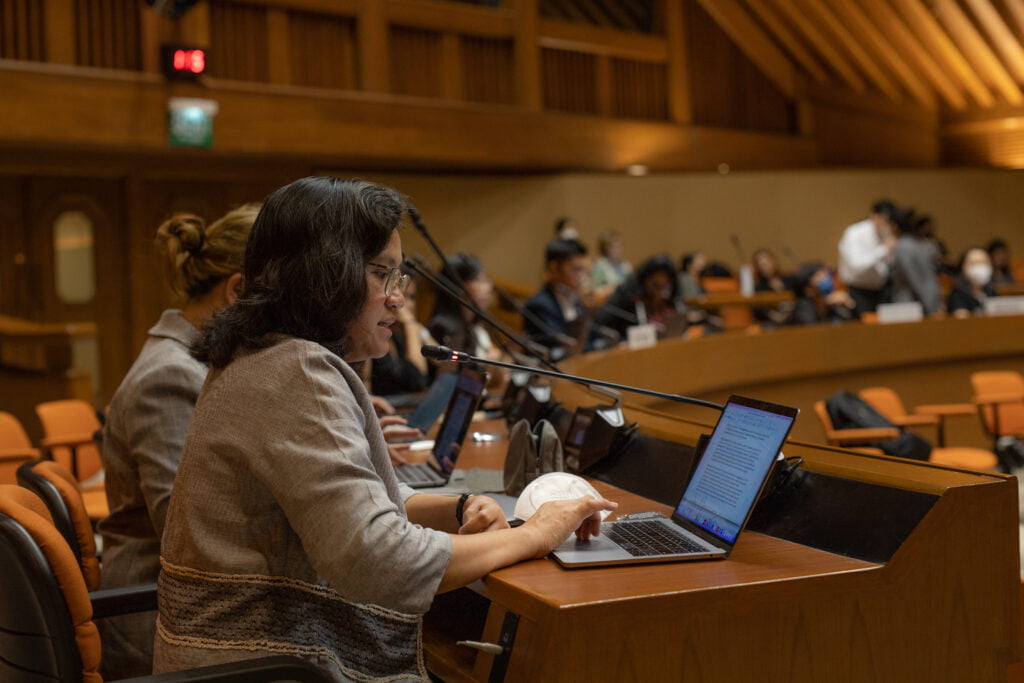Refugee women are crucial to building peace in Myanmar. Yet their experience has rarely been valued.
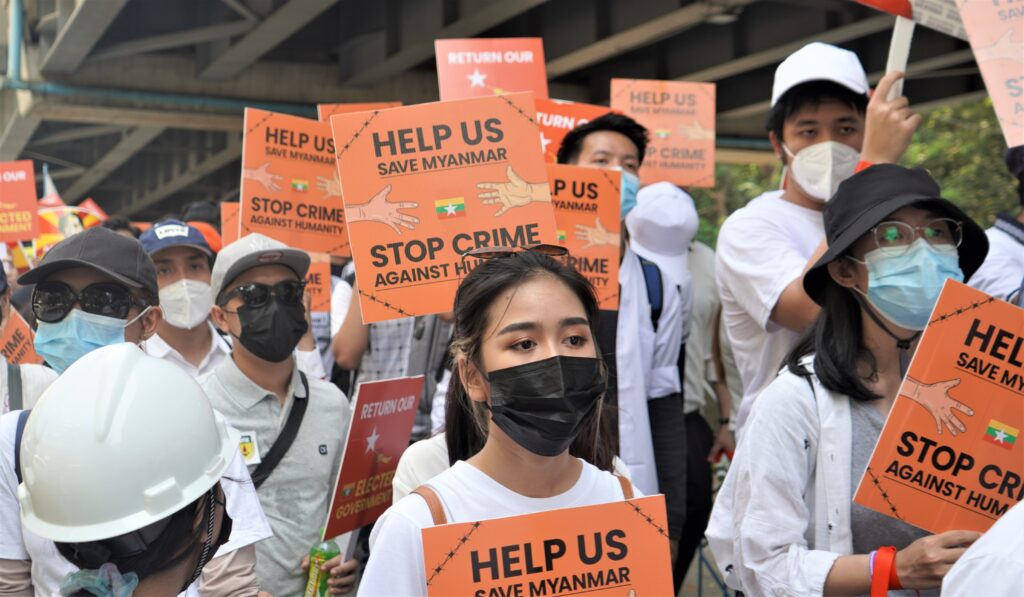 Many have worked to raise the political profile for Myanmar at a more local level, through protests or by mobilising diaspora networks for assistance. : Saw Wunna (Unsplash) Unsplash License
Many have worked to raise the political profile for Myanmar at a more local level, through protests or by mobilising diaspora networks for assistance. : Saw Wunna (Unsplash) Unsplash License
Refugee women are crucial to building peace in Myanmar. Yet their experience has rarely been valued.
The need to secure women’s participation in peacebuilding has been recognised for decades, notably through the Women, Peace and Security framework introduced by the UN Security Council in 2000. However, it fails to recognise and acknowledge the role of refugee women in peacebuilding.
Refugees rarely have a voice in peacebuilding policy-making, and this exclusion is particularly acute for refugee women, who typically experience double discrimination and are invisible due to their gender.
Refugee women from Myanmar have been active in peacebuilding for many years, engaging at all levels of political and humanitarian action. Naw K’Nyaw Paw of the Karen Women Organisation met with former first lady Laura Bush at the White House and Naw Zoya Phan was elected as a Young Global Leader of the World Economic Forum. Other refugee women from Myanmar have held important leadership roles in the national political context, including Cheery Zahau, founder of the Women’s League of Chinland, and Naw Zipporah Sein, former General Secretary of the Karen National Union. Others have worked to raise the political profile for Myanmar at a more local level, through protests in their countries of asylum or by mobilising diaspora networks for assistance.
These women, and many thousands more, have dedicated their time and even their lives to work for peace in Myanmar. Groups such as the Karen Women Organisation, Shan Women Action Network, Kachin Women’s Association Thailand and other members of the Women’s League of Burma have carried out human rights documentation to establish evidence of the violence endured by women inside and outside the country.
Refugee women in Thailand have worked tirelessly to support people displaced inside Myanmar, often negotiating highly dangerous conditions to reach areas where international aid access has been denied. Refugee women in camps and cities support their communities, particularly on issues of women and children’s protection. In carrying out these activities, refugee women must work with a wide range of stakeholders, including non-state armed groups, local populations and international donors as well as state authorities.
Refugee women are crucial to service delivery, humanitarian assistance and as an action tool for peace in Myanmar. Yet this experience has rarely been valued.
From 2011 to 2021, Myanmar was widely believed by the international community to be in political transition, a belief that deepened between 2015 and 2020, when the military junta ceded (partial) political power to an elected Parliament led by the National League for Democracy.
During these years, peacebuilding was a big business in Myanmar. Australia, Denmark, the EU, Finland, Italy, Norway, Switzerland, the UK and the US joined in establishing a Joint Peace Fund, set up with USD$100 million. Most international peacebuilding projects did not engage with refugees outside Myanmar, the people who had been displaced under military rule and sought sanctuary in countries including Thailand, Malaysia and India. Instead, refugees found themselves under increasing international pressure to return to Myanmar.
An unbridgeable gulf developed between refugees’ understanding of Myanmar’s politics, and that of international agencies and donors. Refugees wanted lasting political change, with full rights for ethnic minorities, based on durable political agreements. Without these, refugees did not believe the military was acting in good faith. These views were expressed by refugee-led organisations and refugee women’s organisations on countless occasions but to little avail.
Refugees came to be viewed as quasi-spoilers, unwilling to accept that Myanmar had moved on and they must too. International funding to refugees was reduced or withdrawn in all areas, including education and food rations as well as women’s organisations and gender programming. Long-standing programmes in refugee settings were forced to close or expected to relocate to Myanmar for continued support.
Thousands of people did return, in circumstances officially categorised as voluntary but in reality, the result of considerable external pressure. In February 2021, refugees’ fears came to pass. The military once again seized power in Myanmar, deposing the elected parliament and establishing a junta, the state administration council. Violence returned throughout the country, with some of the most affected areas being the same territories where return had been most heavily encouraged, such as Chin State and Karenni State. The result, inevitably, is yet more death, injury and displacement. A shocking 40 percent of people in Karenni State have been displaced since 2021.
The human consequences of premature return are deeply tragic, the more so since at least some harm might have been avoided if more weight had been given to refugees’ voices. To prevent this from happening again, attitude change is needed, of the type that helped develop the original Women, Peace and Security statement, Security Council Resolution 1325. The international community should change approaches to peacebuilding to focus on displacement and the needs of refugees. Refugees – including refugee women – should be included as active participants in repatriation discussions.
Such discussions are currently treated as a tripartite issue between the refugee-sending state, the refugee-hosting state and the UNHCR. Four-way talks that include refugee representatives in negotiations should be the norm, and refugee women need to be part of the delegation.
In addition to the political transformation from the top, practical changes can be made at the local level to facilitate refugee women peacebuilders. This includes changing the institutional culture of international agencies and their hierarchies of authority and influence. It also includes addressing barriers to women’s participation, including basic assistance with transport, childcare and food as well as ensuring that refugee women are paid for participation and refugee women’s organisations are adequately funded so they can develop their activities and invest in supporting and training a new generation of women leaders to work for lasting peace and genuinely durable solutions to displacement.
Kirsten McConnachie is a professor of socio-legal studies at the University of East Anglia, United Kingdom.
Originally published under Creative Commons by 360info™.
Editors Note: In the story “International Women’s Day” sent at: 06/03/2023 10:54.
This is a corrected repeat.



